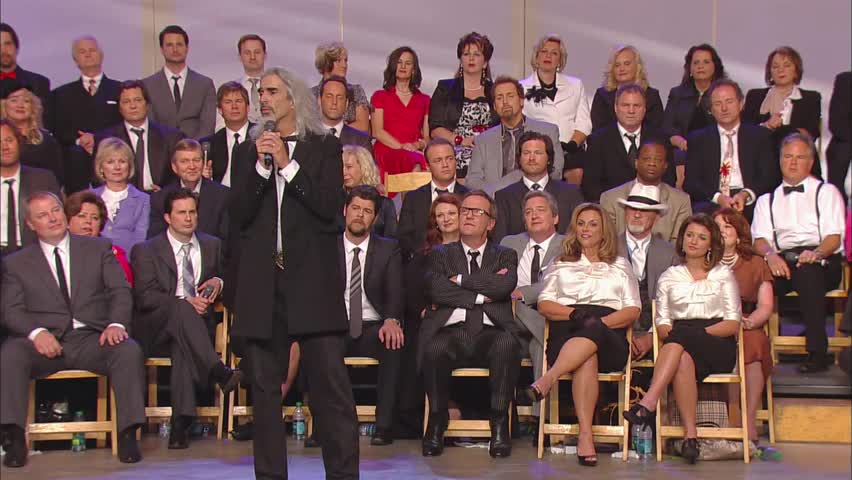Author Peter Rollins offers a jolting retelling of Jesus' feeding of the 5,000. Rollins recounts how the swarming crowds thwarted Jesus' efforts to find solitude in a boat. As the crowds poured into this remote location, it became obvious that they needed food. The disciples could only scrounge up five loaves of bread and a few fish, Jesus miraculously multiplied the meager supplies, producing piles of food. Here Rollins turned the biblical story in a disturbing direction, concluding that "Jesus and His disciples ate like kings" and "what was miraculous . . . was that when they finished this massive banquet," there wasn't a crumb left for the starving people.
Of course, this was not at all the way the story actually ended, which is precisely Rollins' point. In the biblical telling, 5,000 men (plus women and children, probably 10- to12,000 in all) ate their fill; and with everyone stuffed, Jesus' disciples gathered up "twelve baskets of leftovers" (Matthew 14:20).
Nothing in the biblical story could be further from Rollins' parable of selfishness and greed. At the beginning of the narrative, the gospel writer Matthew noted that Jesus felt intense compassion for the throngs that overwhelmed Him (v.14). This compassion moved Him to first "heal their sick" even before He began to fill their bellies (v.14).
Rollins' ending is not intended to raise questions of Jesus, but questions of us. If we consider it scandalous that Jesus and His disciples would hoard food from the hungry crowd, do we consider it just as scandalous if we do the same?
While Jesus provided generous food for everyone, I'm often consumed with making sure there is just enough for me. I can't say I follow Jesus if I hoard God's generosity for myself. , Winn Collier, Our Daily Journey
CLICK HERE to visit OurDailyJourney.org















